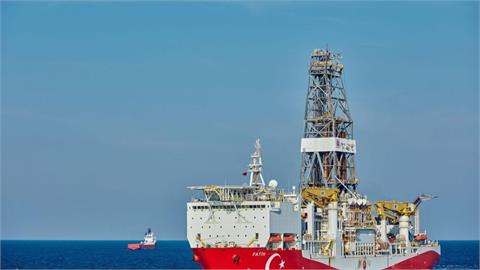The EU Commission presented today an energy security package with proposals to equip the EU for the global energy transition, as well as to be prepared for possible energy supply interruptions. In clearer words, to reduce Europe’s dependency on Russia.
Vice President Maroš Šefčovič said nations fell short of the Commission’s energy aims. EU member states lack sufficient alternatives to Russian supplies and there is a need for "an urgent political push” for strategic power and gas links to share resources.
The package presented by Šefčovič and by the Energy Commissioner Miguel Arias Cañete sets out a range of measures to strengthen the EU’s resilience to gas supply disruptions. These measures include moderating energy demand, increasing energy production in Europe (including from renewables), further developing a well-functioning and fully integrated internal energy market, as well as diversification of energy sources, suppliers and routes.
"For the 10th consecutive year, EU had to import half of its energy in 2014”, said Commissioner Cañete.
The Commission is seeking sustainable, affordable, efficient and diversified supplies – meaning at least three separate suppliers. For some nations, Russia, which provides around a third of EU energy, is their only option.
The energy security package aims to move the 28-member bloc towards a single energy union in which power and gas would flow freely across borders, reducing reliance on Russian gas.
The new package includes a strategy for liquefied natural gas (LNG) and gas storage. Europe is the biggest importer of natural gas in the world. Europe’s overall LNG import capacity is significant – currently it is enough to meet around 43% of total current gas demand (2015). However, significant regional disparities as regards access to LNG remain. The Commission sets a liquefied natural gas (LNG) strategy that will improve access of all Member States to LNG as an alternative source of gas. The central elements of this strategy are building the strategic infrastructure to complete the internal energy market and identifying the necessary projects to end single-source dependency of some of the Member States.
The package was immediately criticised by Greenpeace, which said that the Commission is blind to renewables’ potential and keeps Europe stuck on gas. Jiri Jerabek, energy policy adviser at Greenpeace EU, said:
"It’s like the Paris agreement never happened and the Commission is stuck on gas, dishing out a costly proposal that will keep Europe hooked on energy imports. It is high time Europe embraces the renewable energy transition. Only if it focuses on renewables and energy efficiency will Europe meet its climate targets and reduce its dependence on foreign energy supplies”.
To this, Commissioner Cañete had one answer: "We can’t get to 100% renewables overnight ”.
Last year, the web of deals Russia cut with Eastern European states to build the South Stream pipeline under the Black Sea morphed into a legal headache when the EU executive said it did not comply with rules on ownership or third-party pipeline access.
Plans for pipelines to pump more Russian gas to Europe, including the expansion of the Nord Stream link to Germany, have pitted states who see it as a solution to supply disruptions via Ukraine against those worried about dependence on Russia.
Concerns about Russia’s dominance have increased since Moscow’s annexation of the Ukrainian region of Crimea.
Gazprom, which supplies about a third of the EU’s gas, mostly across Ukraine, is the target of an EU antitrust investigation for allegedly overcharging customers in Eastern Europe and thwarting rivals.
http://neurope.eu/article/eu-energy-bosses-propose-closer-energy-union/


